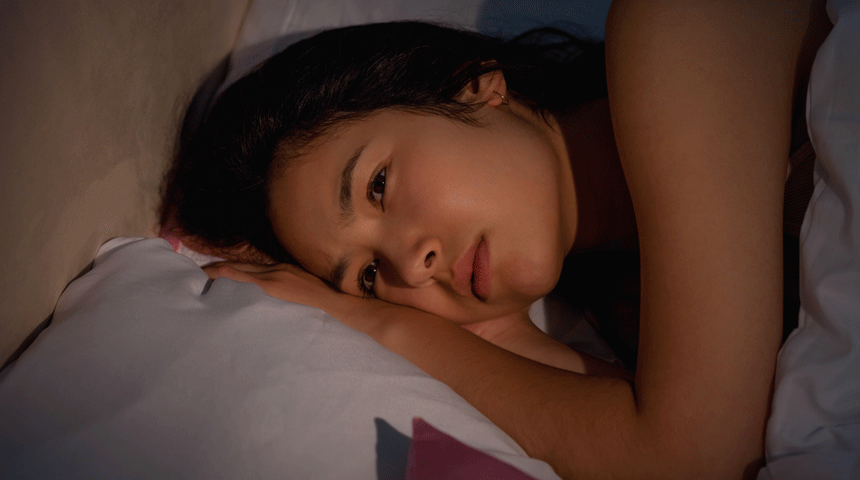annual Adjective for something that happens every year.
anxiety A nervous reaction to events causing excessive uneasiness and apprehension. People with anxiety may even develop panic attacks.
brain scan A technique to view structures inside the brain, typically with X-rays or a magnetic resonance imaging (or MRI) machine. With MRI technology — especially the type known as functional MRI (or fMRI) — the activity of different brain regions can be viewed during an event, such as viewing pictures, computing sums or listening to music.
disorder (in medicine) A condition where the body does not work appropriately, leading to what might be viewed as an illness. This term can sometimes be used interchangeably with disease.
gauge A device to measure the size or volume of something. For instance, tide gauges track the ever-changing height of coastal water levels throughout the day. Or any system or event that can be used to estimate the size or magnitude of something else. (v. to gauge) The act of measuring or estimating the size of something.
neuroscience The field of science that deals with the structure or function of the brain and other parts of the nervous system. Researchers in this field are known as neuroscientists.
prefrontal cortex A region containing some of the brain’s gray matter. Located behind the forehead, it plays a role in making decisions and other complex mental activities, in emotions and in behaviors.
recruit (noun) New member of a group or human trial. (verb) To enroll a new member into a research trial. Some may receive money or other compensation for their participation, particularly if they enter the trial healthy.
symptom A physical or mental indicator generally regarded to be characteristic of a disease. Sometimes a single symptom — especially a general one, such as fever or pain — can be a sign of any of many different types of injury or disease.

